Change your stored postcode to update prices for your location.
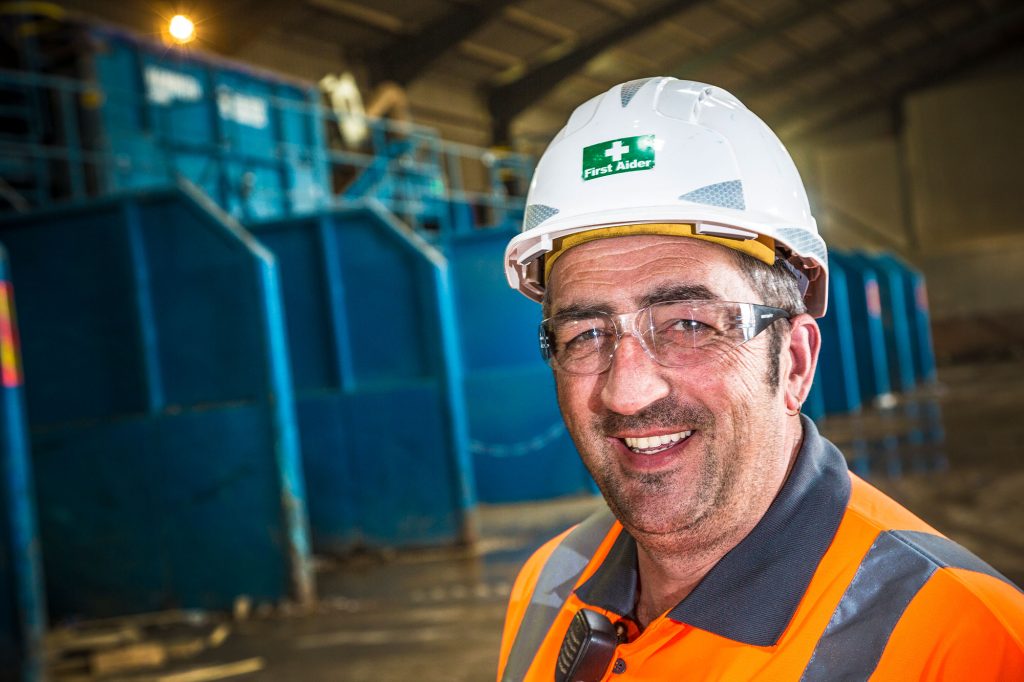
You can rest assured, secure in the knowledge that we’ll always dispose of every bit of waste responsibly, directing all materials down the most appropriate and eco-friendly routes possible. We provide Waste Transfer Notes upon completion of each and every commercial disposal, enabling you to retain records of the routes your waste has taken should you ever need to provide evidence.
As part of our duty of care, it is our intention to reduce our carbon footprint by signing up to a carbon credit scheme to offset our usage. It is likely that we will enter into a commitment to plant a tree for every skip we sell.
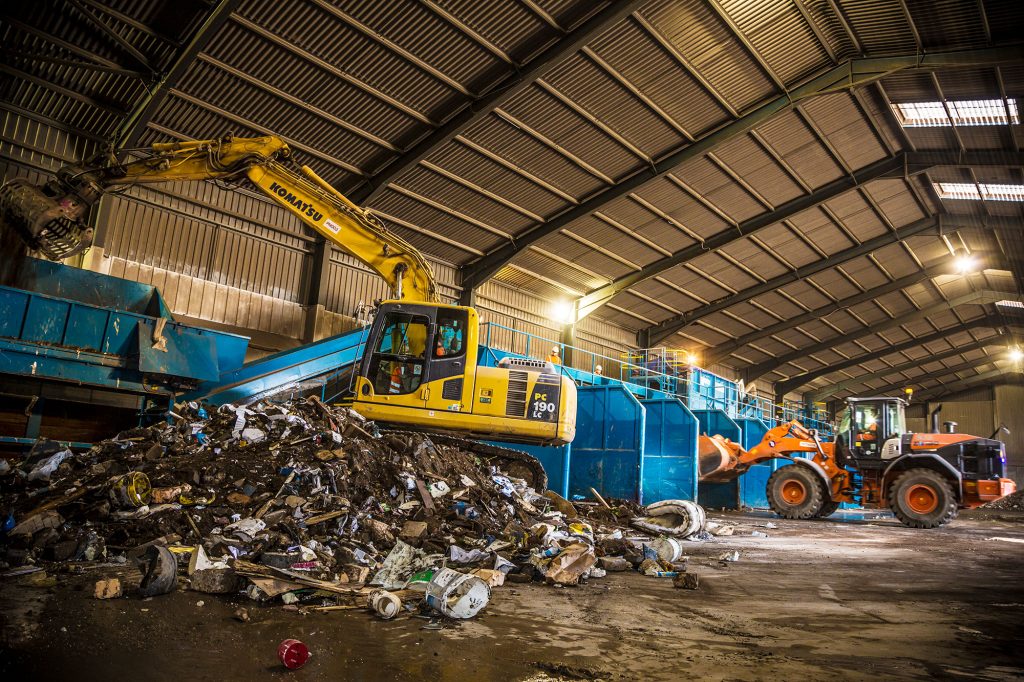
We’ve made it one of our core missions to divert as much waste as possible from landfill; not only is it expensive, but it’s also detrimental to the environment and cannot be sustained long-term.
We take it upon ourselves to continually seek out new routes for waste disposal, whether that be new avenues for recycling, new processes or other options for Energy from Waste or biomass disposal.
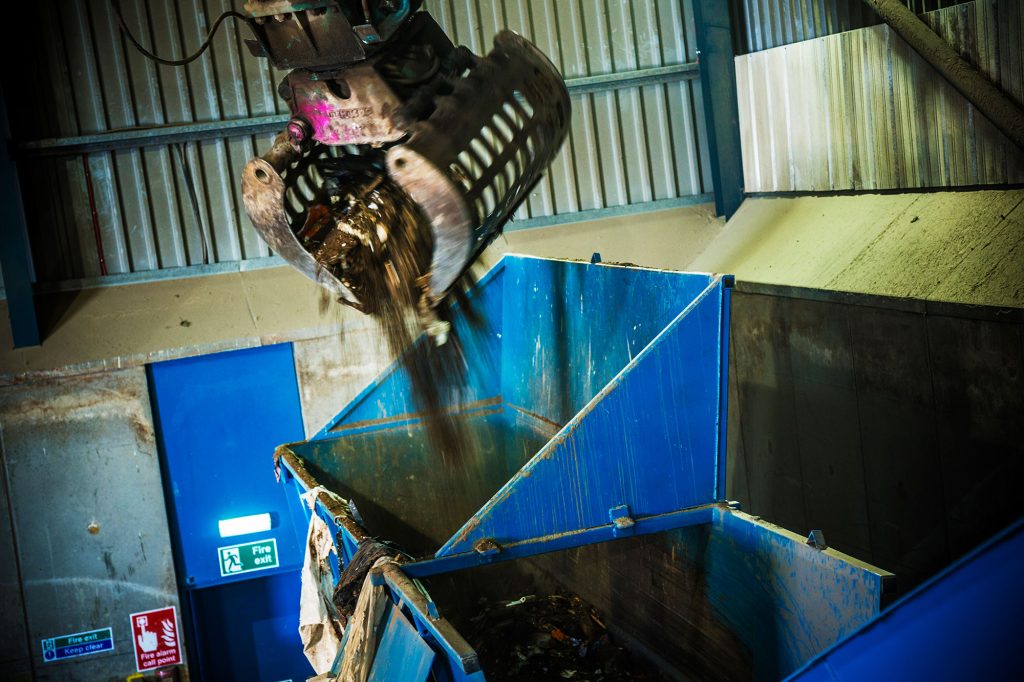
We endeavour to recycle up to 100% of the waste we handle and we do this by utilising our extensive network of recycling partners and ensuring that all items are directed down the correct and most appropriate route for their type. We are continually exploring new possibilities as well as working with partners to develop new ways of recycling materials that have proved tricky in the past, such as hard plastics and mattresses.
We are committed to using the Energy from Waste and Biomass routes for some materials and have plans to develop our own facilities which will enable us to do this in-house in the future. We strive to be at the forefront of recycling technology to ensure that we are doing all we can to do our bit for the environment.
We fully comply with the Environment Agency’s (EA) regulations by reporting our waste returns. This involves telling the EA about all waste received and removed from our site and reporting this in tonnes per quarter.
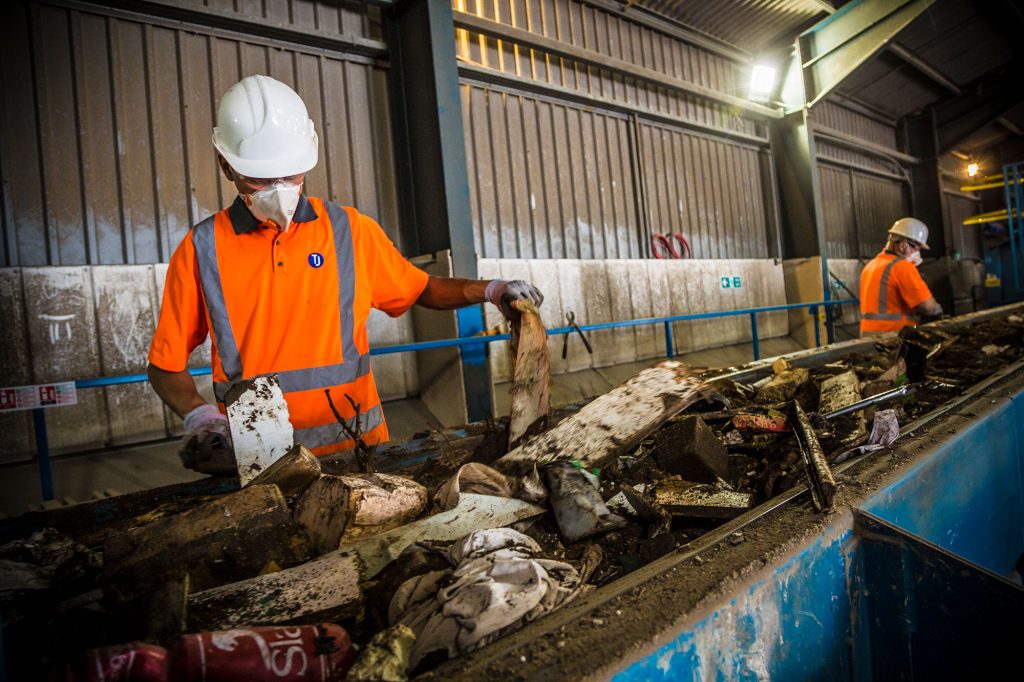
With anything that simply cannot be recycled, our preference is to go down the incineration route. Although not entirely ideal, it does mean that the waste is not going to landfill and that it can potentially be used to generate Energy from Waste.
EfW is the process of generating energy – either electricity or heat – by burning waste via a variety of processes. It can be a form of energy recovery and is sometimes referred to as a circular economy because it encourages a continual use of resources.
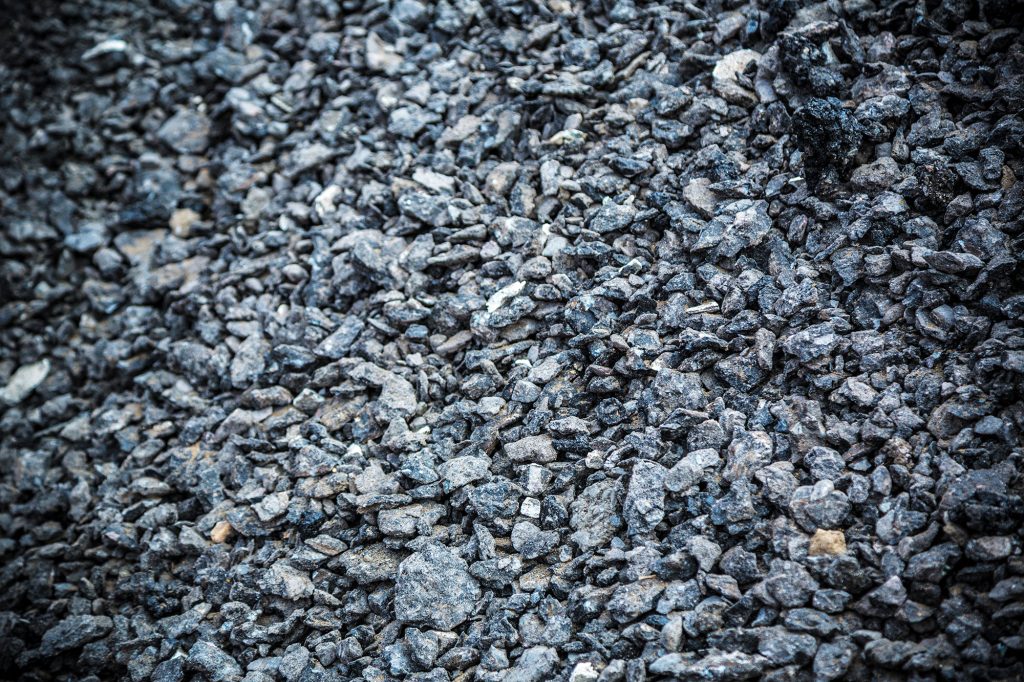
Biomass is the burning of all plant and animal material for energy production.
We direct all our wood waste down the biomass route as it’s the best way to dispose of any wood that cannot be reused or salvaged both in terms of a circular economy and for environmental reasons. Biomass can generate three types of energy – heat, electricity and biofuels, making it extremely versatile and useful.
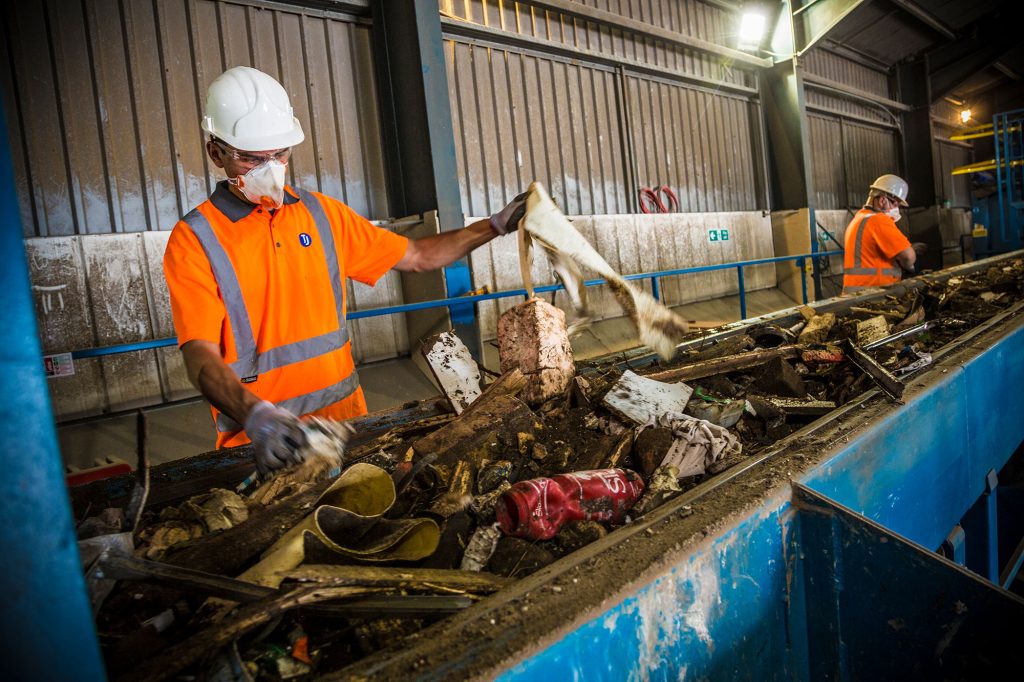
We are heavily invested in recycling as much plastic as possible as well as continually searching for new and innovative ways of recycling different types of plastic.
In 2019 we established a new recycling process for certain types of plastics, which we knew would be ideal for one of our clients, Jude’s Ice Cream. Their unwanted plastic ice cream tubs and offcuts are now made into a new product – pellets – which can be moulded into new plastic products. The latest equipment for recycling plastic materials is used in this recycling process to ensure that the highest quality products are maintained.
We’ve also recently formed an official partnership with ocean health charity the Final Straw Foundation, whose work revolves around highlighting the impact of plastic pollution on our environment, local seas and wider oceans. We work in partnership to reduce plastic waste and pinpoint waste disposal companies that are responsibly disposing of waste in a bid to reduce fly-tipping and other illegal waste disposal practises.
We initially provided waste management services for two beach cleans they held at Eastney beach. We donated a 17-yard roll-on-roll-off skip on both occasions to provide a place for all the waste collected. Upon completion we removed the skip and took it back to their materials recovery facility in Tipner for sorting and recycling.
The Final Straw also has a big metal fish structure called Nellie, that acts as a recycling bin for plastic bottles and is positioned in various places around the county, usually to encourage recycling during events. When Nellie was in Winchester city centre full of waste, TJ stepped in and emptied her for free after others refused to help.
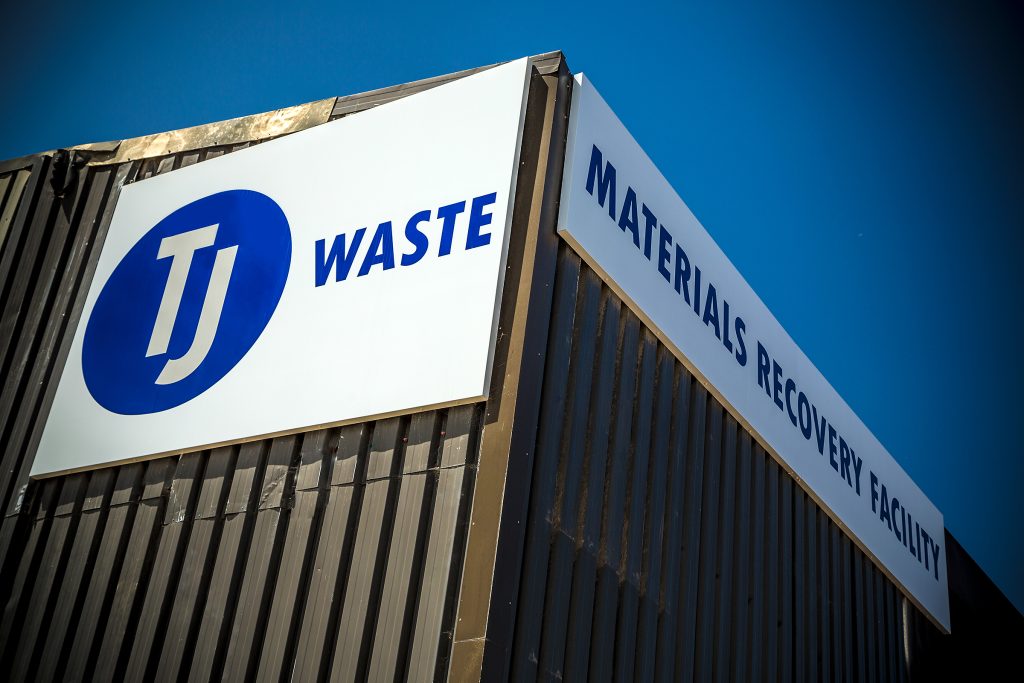
2020 saw us secure a recycling route for mattresses, a product that in the past may have ended up being sent to landfill as no other options were available. We are avid supporters of diverting waste from landfill and this is a big step forward in the bid to improve recycling rates.
We’ve formed an agreement with a third party recycling facility to dispose of large numbers of used mattresses each year; a new route that will make the process easier as well as more eco-friendly.
The mattresses will be taken apart to separate the different materials; most modern mattresses are made of different types of foam with a textile covering so these will be categorised so that each can be recycled separately.
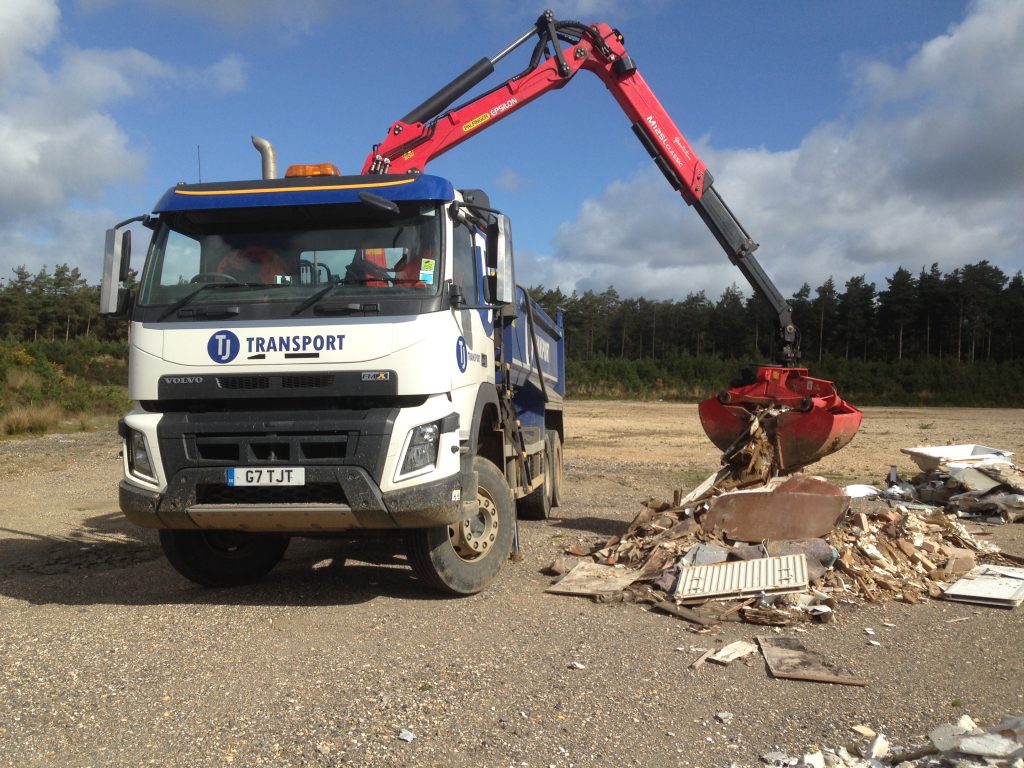
During the first COVID lockdown period in 2020, there was a surge in fly-tipping incidents in some parts of the UK, with the Countryside Alliance reporting a 300% rise in some areas following the closure of Household Waste Recycling Centres (HWRCs).
We’ve been very active in assisting with instances of fly-tipping in the southern region throughout this period. It is something that we’re well-placed to deal with and at short notice if needed. Our fleet of vans and grab lorries, along with our range of skips, can deal with pretty much any fly-tipping scenario that presents itself.
We can draw upon our expertise to deal with more diverse fly-tipping instances such as liquid contamination and any hazardous materials that have been dumped illegally. These situations could present dangers to the surrounding area and those in it, which is why our ability to respond quickly is key.
We approach each case on an individual basis, surveying the situation, materials and location before deciding how to best proceed. We have a range of vehicles and equipment at our disposal, enabling us to deal with each case in the most appropriate, timely and cost-effective way.
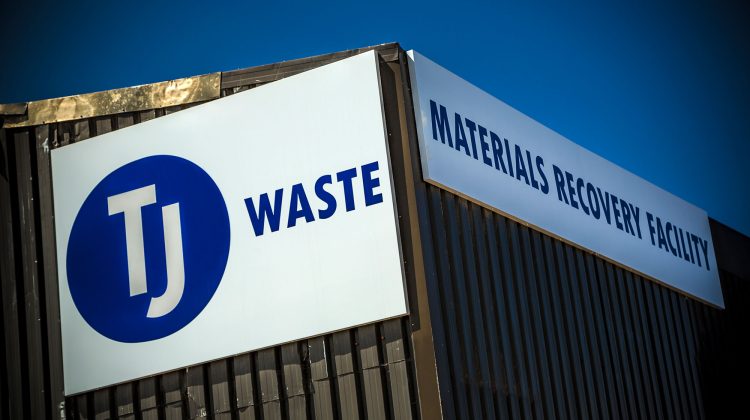
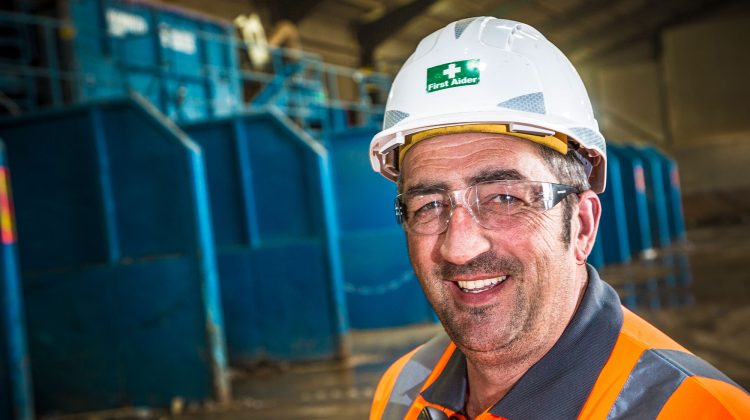
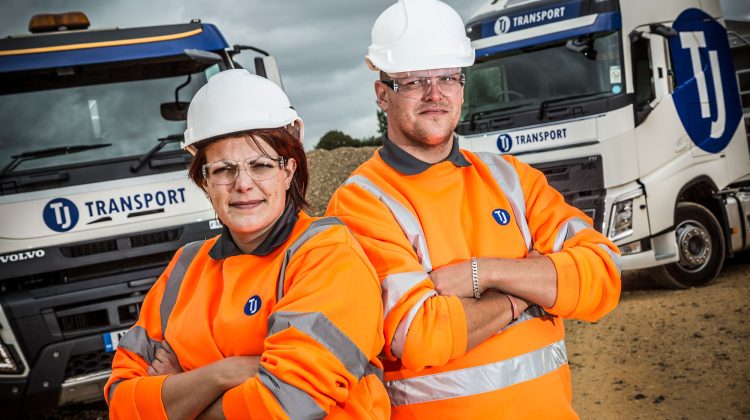
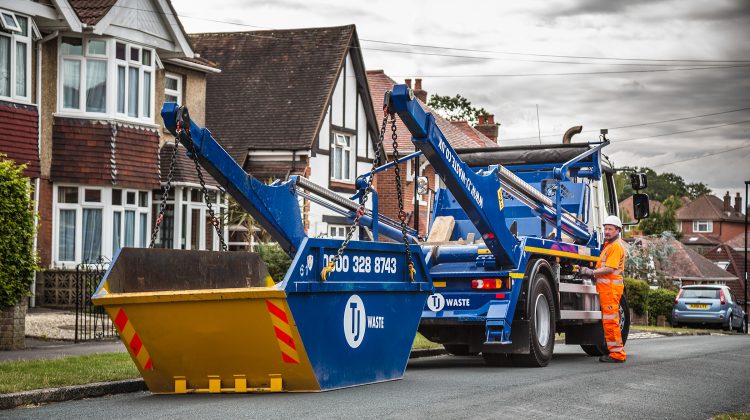
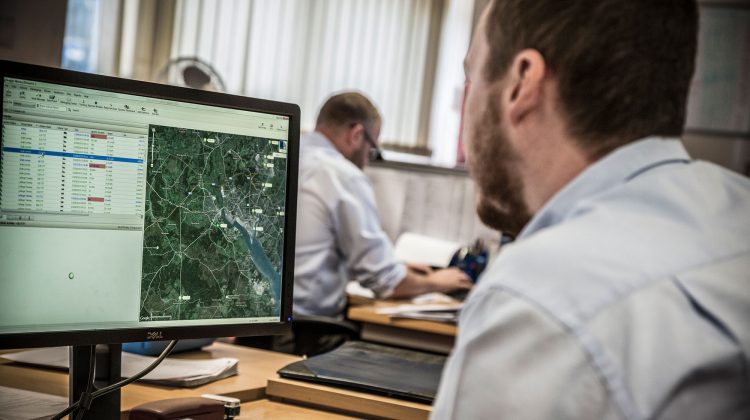
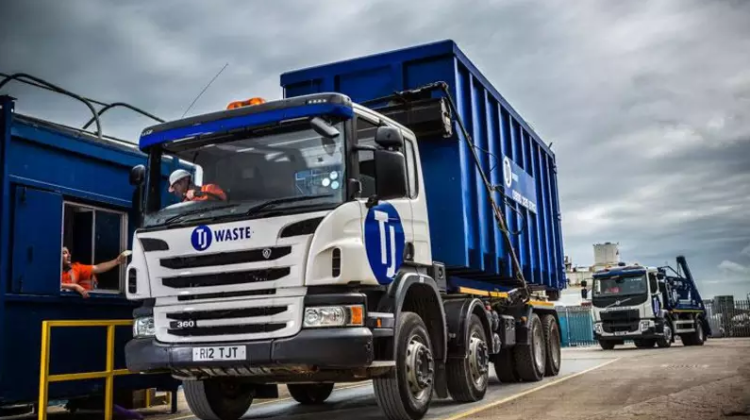
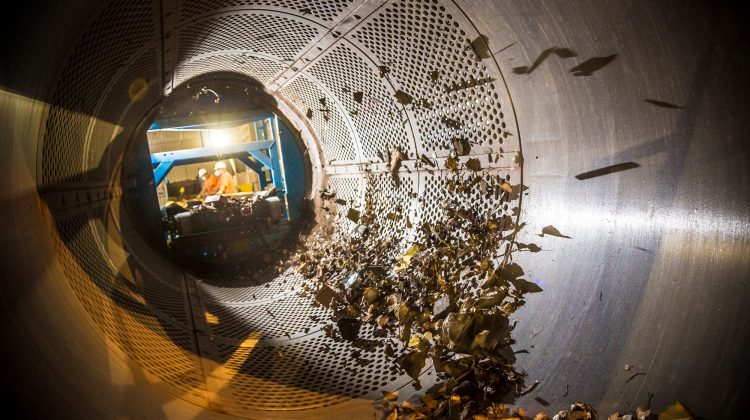


Change your stored postcode to update prices for your location.